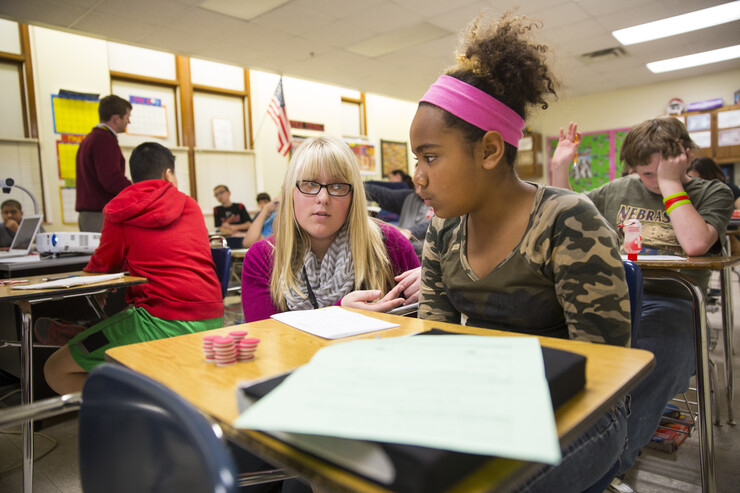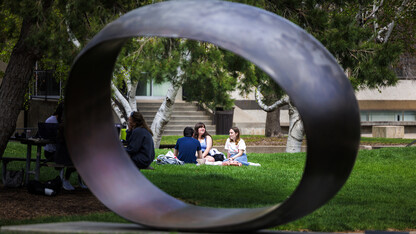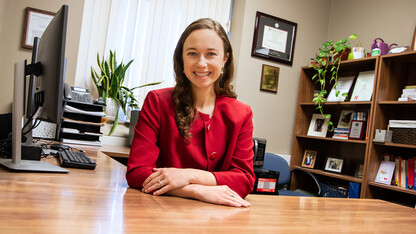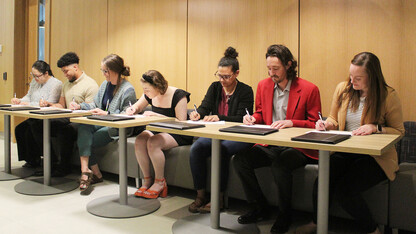· 3 min read
Huskers aim to increase diversity in agricultural science workforce
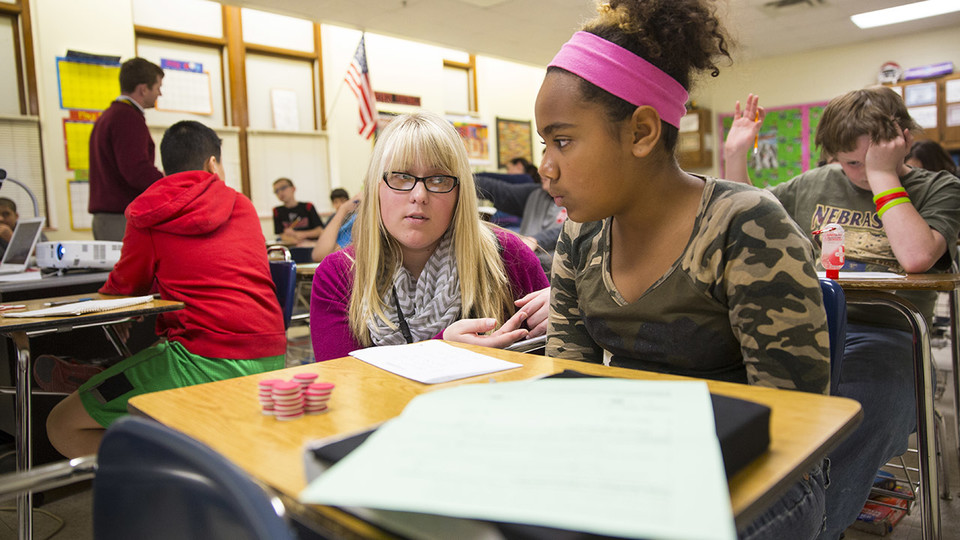
A new project at the University of Nebraska-Lincoln is focused on increasing women and minority interest in science-technology-engineering-and-mathematics-related agricultural majors and careers. The project is called Cultivate ACCESS: Agriculture Career Communities to Empower Students in STEM.
Over the next decade, a 35 percent deficit of graduates with relevant education and experience to fill STEM-related jobs in food, agriculture and natural resources is anticipated. To meet the demand, the USDA’s National Institute of Food and Agriculture has invested in programs to increase the number of underrepresented students enrolled in STEM-related agricultural majors and careers. The institute is funding the three-year, $94,387 Cultivate ACCESS project at Nebraska.
“We believe that through intentional mentoring, personal development and enhanced career awareness, youth will envision themselves working in specific STEM-related careers in agriculture and will more likely pursue STEM-related majors in post-secondary educational institutions,” said Jenny Keshwani, Cultivating ACCESS project director.
As an assistant professor in the Biological Systems Engineering Department at Nebraska, Keshwani has bucked the trend of women overlooking agricultural science careers. However, she is part of a limited group and she said she thinks she knows why.
“It’s difficult to aspire to be in a certain position when you don’t see anyone that looks like you in that field,” Keshwani said.
She also said that at the high school level, females and minorities tend to choose careers based on a desire to help people and there’s a misconception that STEM fields do not allow professionals to directly benefit others.
Through the Cultivate ACCESS project, an online mentoring framework will be developed, connecting women and minority role models and current students at the university with high school youth to emphasize the positive impact of STEM careers that relate to the production of food, fuel and fiber for a growing population, while also developing skills such as leadership, teamwork and communication. The project will feature collaborations with employers and stakeholders representing food, agriculture and related industries. These partners will identify industry mentors and help create interactive educational content on ag-related STEM careers.
“The demographics of Nebraska are changing. Given the importance of agriculture to the state, this effort is critical for our future,” Keshwani said.
Between 2010 and 2050, Nebraska’s Hispanic population is projected to double.
Sixty high school scholars will participate in online mentoring through Cultivate ACCESS. The scholars will be mentored by career professionals and university ambassadors. Scholars will reflect on experiences in journals, which will capture their perspectives on agriculture, employability skills and career plans. They will be identified using a network of science and agricultural education high school teachers, guidance counselors and Nebraska Extension educators.
The project will leverage existing partnerships between the College of Agricultural Sciences and Natural Resources, Nebraska Extension, Nebraska Human Resources Institute, Rural Futures Institute and the Nebraska Department of Education.
In addition to Keshwani, other team members include Sydney Everhart, assistant professor in the Department of Plant Pathology; Lindsay Hastings, director of the Nebraska Human Resources Institute; Deepak Keshwani, associate professor in the Biological Systems Engineering Department; Matt Kreifels, director for agricultural education for the Nebraska Department of Education; Jamie Loizzo, assistant professor in the Department of Agricultural Leadership, Education and Communication; Julie Obermeyer, director of career development and corporate relations for CASNR; and Leah Sandall, online and distance education coordinator for the Department of Agronomy and Horticulture.
